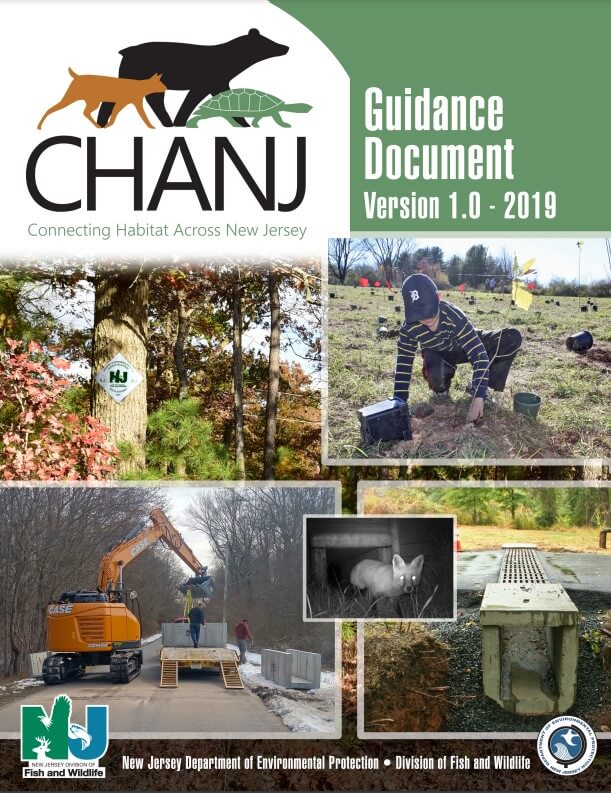First, roads and motorized traffic have serious negative ecological impacts. The legal road system in New Jersey has catastrophic effects, such that the NJ Fish and Wildlife people are engaged in a project to try to reduce those effects. See:Why does there need to be an argument?

NJDEP| Fish & Wildlife | Connecting Habitat Across New Jersey (CHANJ)
Whether they’re small like a salamander or big and wide-roaming like a bear, animals need to be able to move through the landscape to find food, shelter, mates, and other resources.
 dep.nj.gov
dep.nj.gov
Since we are trying to mitigate the effects of roads and motorized traffic with respect to roads that, in all probability, will never be closed, it doesn't make sense for us to compound the problem by allowing people to expand the road system. The patches of wildlife habitat within the bounds of the existing, legal roads are extremely valuable and should be protected. They're like miniature sanctuaries.
Second, we live in a democratic republic where citizens, if they want to support and sustain the republic, must embrace the rule of law. Even if someone doesn't care about the ecological impacts of making and using illegally-created lanes of travel, they are bound, by the legal system, to abide by the laws and regulations that forbid that activity. To do otherwise is to support lawlessness.


 Luckily, I was never once pursued or approached by rangers.
Luckily, I was never once pursued or approached by rangers.